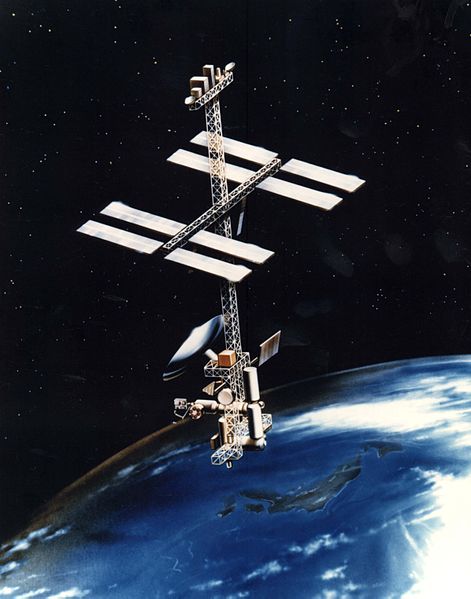Surprising Science
All Stories
More evidence on why you should meditate: research shows it increases your ability to control your alpha brain waves. That translates to better focus, less distraction.
Toronto researchers using MRI have found that the way formerly depressed people’s brains react to sad movies is a reliable predictor of their likelihood to relapse.
The field of psychology appears to be way overinvested in lab studies and strikingly underinvested in field studies. Should researchers get out in the real world more?
Scientists once said Neanderthals and modern humans never mated, then that they had but the surviving Neanderthal genes were not functional. Now they say we can thank them for key immune genes.
In a controversial new book, clinical neuroscientist Daniel Amen sayd that the key to weight loss is first to identify which type of over-eater you are, otherwise your diet won’t work.
With a network of dashboard-mounted phones that can collect data on traffic lights and tell drivers how to avoid inefficient stopping and starting, the nation can save on time and fuel.
Steve Jobs and Apple’s ascendancy to the throne of world technology companies was not without its pitfalls. So what did the world’s foremost tech guru learn along the way?
A French communication company has developed a thin, wearable film that converts sound waves into electricity. The technology was recently used to power smartphones.
One of the most exciting ideas in modern physics, that gravity is not a traditional force but an emergent one, was dealt a blow based on how the force works at the quantum level.
Martian soil could be very capable of supporting life, new data suggests. Previous analysis thought the surface was full of oxidizing compounds that would prevent its growth.
There are 8.7 million species on our planet, give or take 1.3 million, says the latest biodiversity estimate which is based on a new and more accurate method of prediction.
Federal climate scientists have labeled this year as one of the worst in American history for extreme weather. Blizzards, floods, droughts and heat waves—get used to it, they say.
Lack of trust is at the root of many of the world’s problems, says the neuroeconomist Paul Zak, who claims to have found the brain chemical, oxytocin, responsible for empathy.
Influential neurologist Vilayanur S. Ramachandran explains some mirror experiments you can try at home to better understand how your brain perceives the world around it.
The most recent research indicates that smoking marijuana causes no long term cognitive impairment and can actually improve performance on some mental tests.
Nutrition experts are attacking a diet book intended for a six-year-old audience which features an overweight girl on its cover holding up a skimpy dress in front of a mirror.
Modified ecstasy could one day have a role to play in fighting some blood cancers, according to scientists. The drug is already known to effectively kill cancer cells isolated in test tubes.
A major study on women and smoking released by the World Health Organization last week provides further surprising evidence about how gender differences can affect health.
In an advancement in biotechnology, a new microscope has allowed researchers to watch molecules move within a cell on a millisecond-by-millisecond time scale for the first time.
If glaciologists and engineers can somehow harness flotillas of icebergs at the frozen corners of the Earth, it may signal hope for the throngs of thirsty people around the world.
New and less invasive technologies are helping to harness the power of the tides in Eastport, Maine, next to the Bay of Fundy which has the highest tides in the world.
By changing how light refracts off on object, new cloaking materials can hide tiny microphones placed on a wall—and they will do the job at all visible wavelengths.
It’s not the technical challenge posed by dealing with an asteroid collision with Earth but the social and political issues that most trouble us. Inevitably, an Earth-shaking rock will hit again.
A Russian company has revealed plans for a space hotel. It will cost $785,000 for two days on a Soyuz rocket to it and a 5-day stay will rack about up about $157,000.
Word is China’s first full-fledged space station could launch this month. Is it part of a bid to become a world strategic power or a modest increment in space prowess without military meaning?
The “democratization” of space, including more involvement of amateur astronomers, is underway thanks to a ballooning and publicly accessible global astronomical database.
Google has purchased Motorola’s cellphone business for $12.5 billion but it has no interest in making phones. Instead, Google needs Motorola’s patents to defend Android from lawsuits.
When breast cancer researcher Dr. Elizabeth Iorns created a free online marketplace for outsourcing scientific experiments, the goals was to improve the efficiency of research.
Of 271 people exonerated by D.N.A. evidence since 1992, around a quarter of people had confessed or pleaded guilty to the offences of which they were accused.
People who frequently use tanning beds experience changes in brain activity during their tanning sessions that mimic the patterns of drug addiction, new research shows.





























